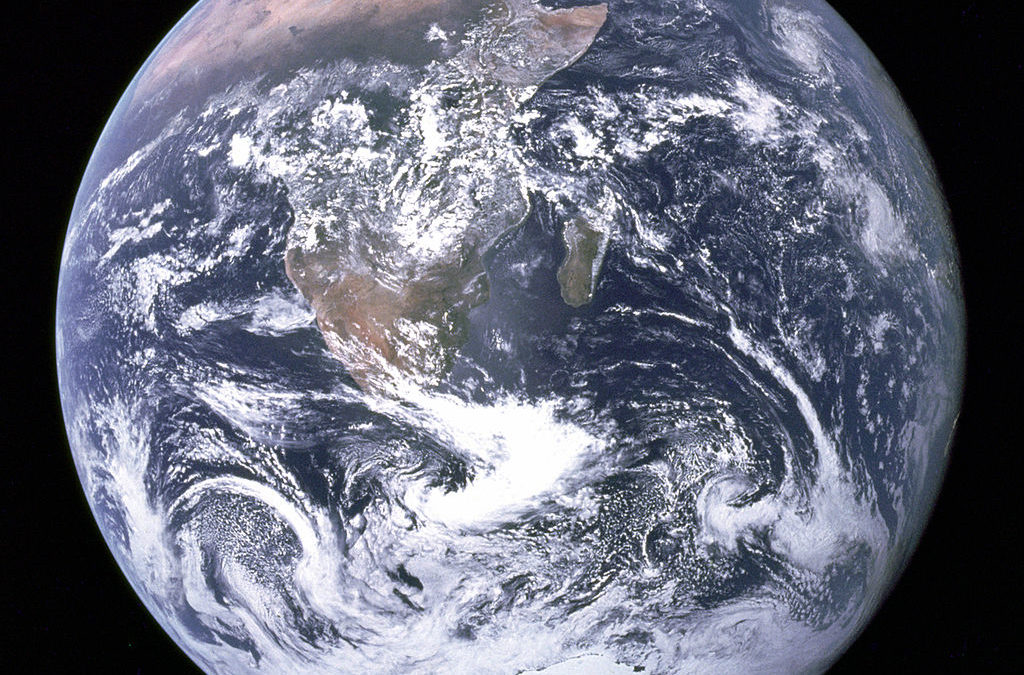Below is a response to a friend’s post about her son’s passion and despair over the damage to habitat and loss of animal lives, to the point of extinction.
I’ve taken some time to think about my response to your request for thoughts and suggestions from all of us in the HiveMind. Excuse me if you already know the things I’ve written below. I figured that even if you do know it all already, you would probably appreciate the solidarity and like-mindedness I am expressing here.
First, it’s not easy raising what now is called a “woke” kid. It’s not easy when they’re in their teens, as they begin to look outside themselves in larger, more aware ways, beginning to recognize and call into question the injustices we all live with; it’s not easy when they are in their 20s seriously actively campaigning for the candidate of their choice, only to see that good, worthy person be beaten by a less-than-desirable candidate; or when they’ve worn themselves out talking to people about climate change, or gender rights, or anti-violence policy, or responsible gun ownership, or anti-poverty legislation, or privilege, or rape culture — or environmental issues that threaten the well-being of every living thing on the planet — only to body slam up against the wall of human indifference again and again (oft-times right beside us…); or when they are marching in Black Lives Matter protests and getting tear-gassed and shot with rubber bullets.
We bleed when they mourn the murdered, the trampled, the disadvantaged, the disrespected, the poor, the aged, the different, the disregarded human and non-human denizens of our planet…
Empowered, informed activism seems to be an answer… not THE answer, not for everyone, but it can be an answer for those who are called to it.
Youth activism is very powerful. It may well be the most powerful activism. The youth can speak from an honest, true place. An authentic place, not overshadowed by the complicity of looking past the necessities of life that make most of us feel slightly tarnished and disingenuous in our activism, like we have not always been true to the cause and therefore may not have the right to speak about what we see/feel.
If a young person feels called to be a voice, I believe it is important to be trained in non-violent protest and effective activism methods. Training helps with despair and burnout and it protects them from the most obvious mistakes. It helps them learn how not to put themselves at risk, or at least not without understanding the risk and assessing their willingness to assume it. It truly empowers a young person to be sure enough of themselves and their message to stand up and address the issues with older people — people who are seen to be the Authority.
An activist, especially a young one, needs training in public speaking/debate, logic, science, social justice, economics, politics, strategic and operational planning, and conflict resolution. They need to understand process and policy. They need to narrow the focus of their activism while realizing that their issue isn’t independent of other issues, that all our issues, our problems, our causes, are part of complex, interconnected systems.
I know of a few organizations working to train young activists — I don’t know much about these organizations, I just heard about them through a podcast. I’m sure there are others.
- Youth Environmental Activists of Minnesota (YEA! MN)
- iMatter
- Freechild Institute
- Youth Activism Project
Be well. Peace and Love.


Recent Comments